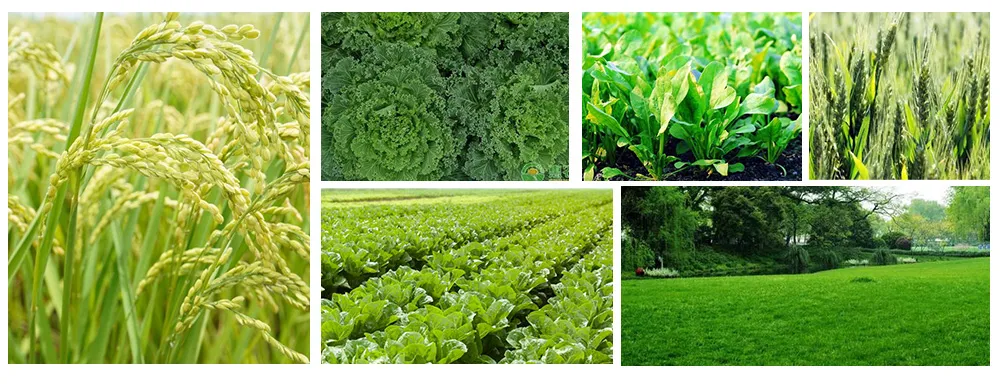一级标题
一级标题
Avoid your inquiry is delay response, please enter your WhatsApp/Skype along with the message, so we can contact you at the very first time.
We will reply you within 24 hours. If for urgent case, please add WhatsApp/WeChat:
Warning: Undefined variable $public in /www/wwwroot/lvfertilizer.com/wp-content/themes/hyhadmin/header.php on line 350
Warning: Trying to access array offset on value of type null in /www/wwwroot/lvfertilizer.com/wp-content/themes/hyhadmin/header.php on line 350
,. Or call
Warning: Undefined variable $public in /www/wwwroot/lvfertilizer.com/wp-content/themes/hyhadmin/header.php on line 350
Warning: Trying to access array offset on value of type null in /www/wwwroot/lvfertilizer.com/wp-content/themes/hyhadmin/header.php on line 350
directly.
Compound fertilizer is a type of fertilizer that contains two or more nutrients essential for plant growth. Unlike straight fertilizers, which contain only one major nutrient (like only nitrogen), compound fertilizers provide a balanced mix of nitrogen (N), phosphorus (P), and potassium (K).
Compound fertilizers are formulated to deliver multiple benefits in one application:
This makes them ideal for both small-scale and large-scale agriculture.
The acronym NPK stands for the three primary nutrients in compound fertilizer:
These nutrients are the building blocks of healthy crops, and different crops require varying concentration of NPK compound fertilizer depending on their lifecycle stage.
“Think of NPK as the fuel mix your crops need to thrive. Without the right balance, even the best seeds may struggle.” – Agronomist, Leading NPK Fertilizer Supplier
Compound fertilizers contain two or more nutrients in a single granule, allowing for:
Also, compound fertilizer is applied in smaller quantities compared to straight fertilizers, reducing fertilizer damage and increasing safety margins.
From our manufacturing experience, we’ve seen how using an efficient compound fertilizer significantly improves yield in crops like wheat, maize, and rice.

There are several types of compound fertilizers, each with different chemical structures and release mechanisms:
| Type | Description | Common Use |
|---|---|---|
| Complex Compound | Fully chemically combined nutrients | High-tech farming |
| Blending Fertilizer | Physically mixed granules | General agriculture |
| Controlled Release | Coated for slow nutrient release | High-value crops |
| Water-Soluble Fertilizer | Dissolves in water for irrigation systems | Greenhouses, precision farming |
Each type of fertilizer has specific applications based on soil type, crop needs, and climate.
The benefits of compound fertilizer are immense. When used correctly, it:
Whether it’s a base fertilizer or top dress fertilizer, a high-quality npk compound fertilizer boosts plant growth at every stage.
Studies show that fertilizer use efficiency can improve by up to 30% when switching from straight to compound fertilisers.
To maximize benefits and reduce waste:
📌 Tip: Compound fertilizers can also be used as base fertilizer or as part of controlled release schedules depending on your crop.
Both controlled-release fertilizers and water-soluble fertilizers are efficient, but they suit different needs:
Choosing between them depends on the fertilizer requirements of your plants, your soil, and your local climate conditions.

Before applying compound, always conduct a soil test to check for:
This ensures that you’re not applying too much fertilizer or the wrong compound fertilizer npk formulation.
Many farmers misuse fertilizers. Here’s what to avoid:
Remember, compound fertilizer is not suitable for all crops in all conditions. Adjust for crop, climate, and soil.
As a professional NPK compound fertilizer supplier with our own manufacturing plants, we specialize in:
We serve farms, agricultural cooperatives, and fertilizer retailers seeking efficient, proven fertilizer products.
👉 Contact us today to learn more about how we can meet your compound fertilizer needs.
How often should I apply compound fertilizer?
It depends on your crop cycle and the type of fertilizer used. Controlled-release types may only need application once per season.
Can I mix compound fertilizer with organic fertilizer?
Yes, blending them can improve soil health and increase nutrient availability.
What is the best NPK ratio for vegetables?
A 10-10-10 or 15-15-15 ratio works for most veggies, but specific crops may require customized formulations.
Is compound fertilizer suitable for all types of soil?
It’s ideal for most soils, but sandy or saline soils may require specialized blends. Always conduct a soil test first.
Are compound fertilizers environmentally safe?
Yes, especially controlled release types that minimize runoff. Choose formulations suited to your land’s water and nutrient use patterns.
Ready to grow healthier, stronger crops with less effort?
Partner with a trusted npk fertilizer wholesaler and manufacturer. We’ll help you select the right compound fertilizer solution for maximum yield.